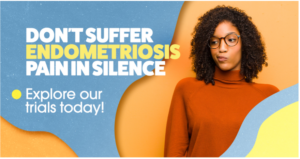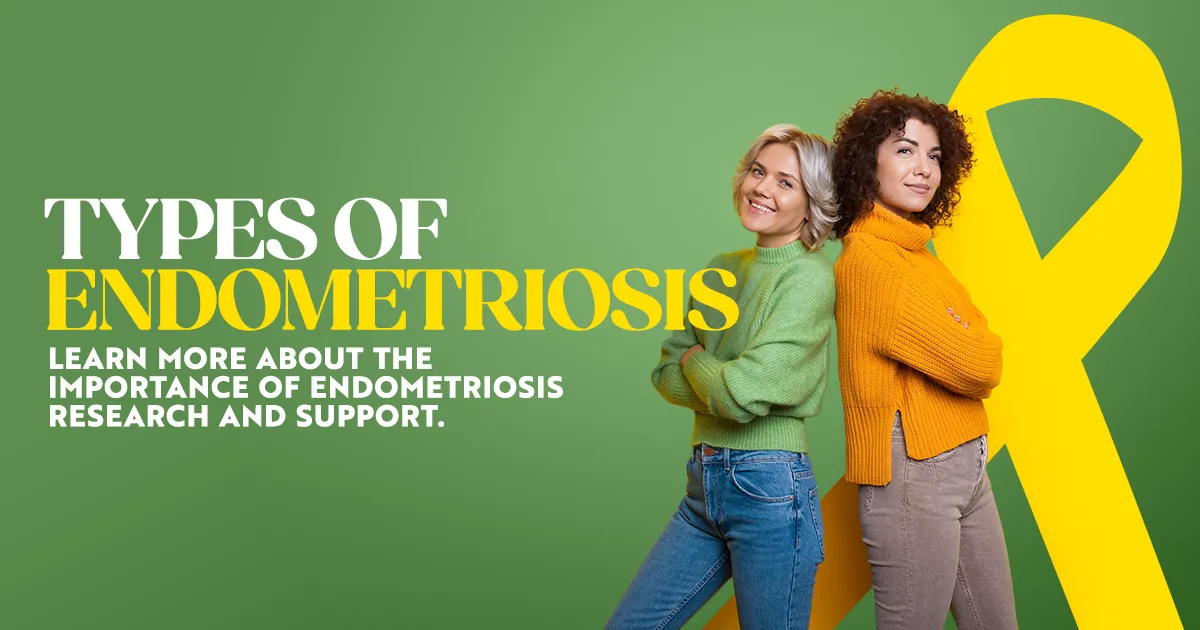As we step into Endometriosis Awareness Month, it’s essential to shine a light on this often misunderstood and underestimated condition. Endometriosis affects millions of women worldwide, yet its complexities are often overlooked or misinterpreted. From its various types to the array of symptoms and underlying causes, understanding endometriosis is crucial for early diagnosis and effective management.
The Prevalence of Endometriosis
Endometriosis is one of the most prevalent gynecological conditions worldwide. While exact figures vary, it is estimated that approximately 1 in 10 women of reproductive age experience endometriosis. Despite its high prevalence, endometriosis remains widely underdiagnosed and misunderstood, leading to delays in treatment and management. The impact of endometriosis extends beyond physical symptoms, often affecting mental health, quality of life, and fertility. Raising awareness about the prevalence of endometriosis is crucial for improving early detection, access to care, and support for those affected by this condition.
Types of Endometriosis
Endometriosis comes in different forms, each with its own unique characteristics and manifestations. The most common types include:
- Superficial Endometriosis: This type involves the presence of endometrial tissue on the surface of pelvic organs, such as the ovaries, fallopian tubes, and pelvic lining.
- Deep Infiltrating Endometriosis (DIE): Deep infiltrating endometriosis occurs when endometrial tissue grows deeply into the surrounding tissues, such as the uterosacral ligaments, bowel, bladder, or rectovaginal septum.
- Ovarian Endometriosis: Ovarian endometriosis, also known as endometriomas or ovarian cysts, occurs when endometrial tissue forms cysts on the ovaries.

Symptoms and Causes
Endometriosis presents a wide range of symptoms, which can vary in severity from woman to woman. Common symptoms include:
- Chronic pelvic pain
- Painful menstruation (dysmenorrhea)
- Pain during intercourse (dyspareunia)
- Infertility
- Heavy or irregular menstrual bleeding
- Gastrointestinal symptoms, such as bloating, constipation, or diarrhea

Join the Fight: Explore Enrolling Trials
Endometriosis Awareness Month serves as a reminder of the importance of raising awareness, advocating for improved diagnosis and treatment options, and supporting those affected by this condition. One way to make a difference is by participating in enrolling trials focused on advancing the understanding and management of endometriosis.
At Seattle Clinical Research Center, we are dedicated to conducting research studies that aim to improve the lives of individuals living with endometriosis. By participating in our trials, you can play a vital role in advancing medical knowledge, exploring new treatment options, and ultimately finding a cure for endometriosis. Join us in the fight against endometriosis.



